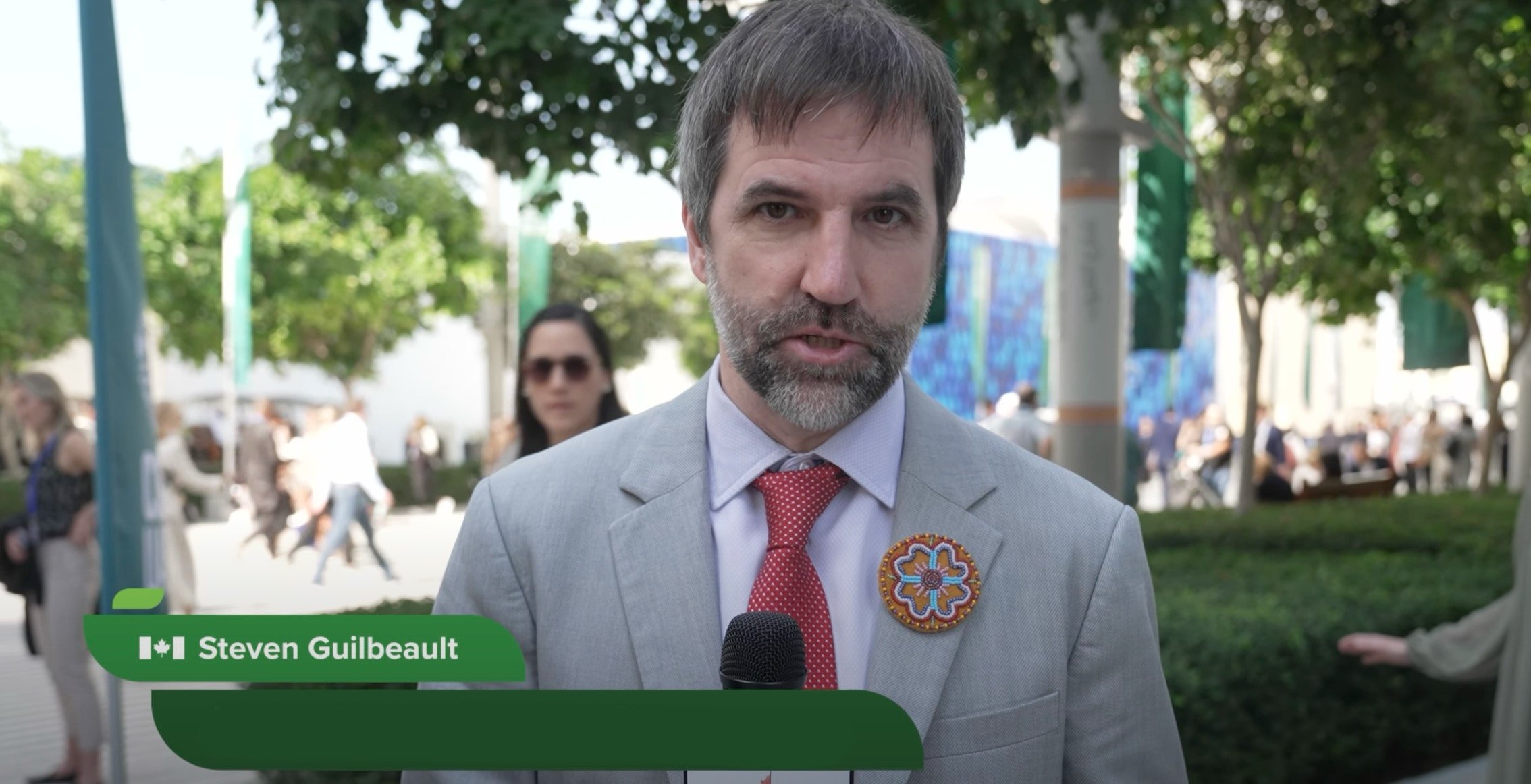Canada To Revive Online Censorship Targeting "Harmful" Content, "Hate" Speech, and Deepfakes

A renewed censorship effort is taking shape in Canada as the federal government pushes ahead with a controversial bill targeting what it labels “harmful online content.”
Framed as a safeguard against exploitation and “hate,” the proposed legislation mirrors the widely criticized Bill C-36, which was abandoned after concerns about its vague language and expansive reach.
Bill C-63 would have established a powerful new Digital Safety Commission tasked with pressuring platforms to restrict user content.
If passed, the law would have compelled tech companies to remove flagged material such as intimate images shared without consent or child abuse content within 24 hours.
It also gives both the poster and complainant a chance to respond, but the final decision would ultimately fall to a state-backed regulator.
Heritage Minister Steven Guilbeault attempted to justify the new push during a House of Commons committee meeting, stating the bill aims to remove “clearly harmful content” and is “designed to comply with the Charter of Rights and Freedoms.”
He added, “Online safety is certainly about protecting kids, but it’s obviously more than that.”
Beyond images and exploitation, the bill includes a broader mandate to police expression.
It calls for tougher Criminal Code penalties around so-called “hate propaganda,” including a life sentence for promoting genocide. It would create a new offense for “hate crimes” and let judges issue “peace bonds” to restrict someone’s freedom based on a prediction of possible future hate-based offenses.
On top of that, the proposal seeks to amend the Canadian Human Rights Act, allowing individuals to file complaints over online speech that meets a definition of “detestation or vilification,” as outlined by past Supreme Court decisions.
While speech that merely causes offense would not be caught under this language, opponents argue that the standard is far too subjective.
Guilbeault also emphasized that the government wants to criminalize the spread of non-consensual deepfake pornography and introduce stiffer penalties for sharing intimate content without permission.
“My colleague, Minister Fraser, is in the House of Commons speaking on his new bill, Bill C-9…We will be introducing measures to address hate speech, terrorist content, and the harmful distribution of intimate images,” he said.
Back in 2021, researchers at the University of Toronto’s Citizen Lab sharply condemned Ottawa’s censorship ambitions, blasting the heritage department’s approach as “aggressive,” “punitive,” and “disturbing.”
That censorship push ultimately stalled.
As the government strategizes its next move on reviving the shelved bill, or at least parts of it, Guilbeault defended the proposal by claiming it stays within Charter limits and only addresses narrowly defined harms.
He pointed to plans for new criminal laws targeting deepfakes and stricter penalties for non-consensual sharing of intimate images, aiming to ease public backlash over the legislation’s scope.
The extent of the new proposals is yet to be determined.